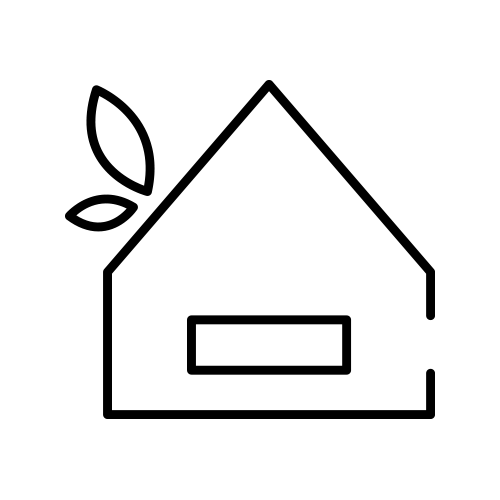International Kindergartens In Bangkok : HighScope Schools in Bangkok

Before discussing the HighScope schools in Bangkok, I’ll briefly outline the history and guiding philosophies of the early year approach.
Originating in Michigan in 1962 as the first preschool project for disadvantaged children, the philosophy has seen many milestones in its 50 year life. The HighScope early childhood philosophy is centered around the role of adults in supporting individual children to achieve their next steps. This involves knowing the respective levels of the children and subsequently challenging them to progress. The activities are a mix of child-initiated and adult-guided and similarly to the Reggio Emilia philosophy, adults are seen as partners and facilitators.
Whilst the HighScope options in Bangkok are particularly sparse, this may be about to change on a massive level. There has been lots of talk in recent years of dramatically changing the standardized approach to early childhood provision in Thailand by standardising the approach in the government preschools. Whether this comes to fruition remains to be seen although as of today a demonstration school is in existence, with 82 pilot schools heading the rollout.
BEYC as an option when looking for HighScope schools in Bangkok
Of all the early childhood philosophies HighScope is perhaps the closest model in terms of educational theory and values. BEYC’s core strength is the assessment of all children on a daily basis, made possible through small classes, small ability-based group work and over staffing our classrooms with highly skilled and trained teachers. Only when all teachers know exactly where each individual is, can they truly make a difference in guiding and supporting their developmental needs across all facets of the curriculum.
Another way in which British Early Years Centre is comparable to the HighScope model is how we view the value of having a balance of child-initiated and adult-guided activities. Reggio Emila is the model we like to align with most as the primary focus is freedom of expression but any research into schools too closely aligned to the Reggio approach will see far poorer foundation skills in literacy and maths, in general.
With Phonics, for example, letter and sounds must be introduced to the children in a logical order with clear moments to assess and revisit if needed. The level of assessment needed for a successful phonics programme is very high, with assessment data required to be collected on a daily basis to inform the lessons of the next day. This requires a high level of subject knowledge from teaching staff and assistants. Likewise we understand the benefits of child-initiated play and to this end we try to maximize the time that children play alone and collaboratively, and seek to inspire, support and guide effective play and project sessions, with limited interruptions.
When we first transitioned to a Reggio Emilia curriculum we pushed the limits of free play. We exposed the weaknesses and then reintroduced adult-guided activities where we believe necessary and beneficial. Any adult-guided activities are treated as any Reggio provocations however; they should be interesting, exciting, sensory and above all the children should choose to play them. We achieve particular success in this area as we generally use party-style games. In this way we see ourselves between the two approaches; Reggio Emila and HighScope, finding a sensible and responsible balance.
For more information on how our curriculum compares to other early childhood approaches see our currciculum comparison chart.
